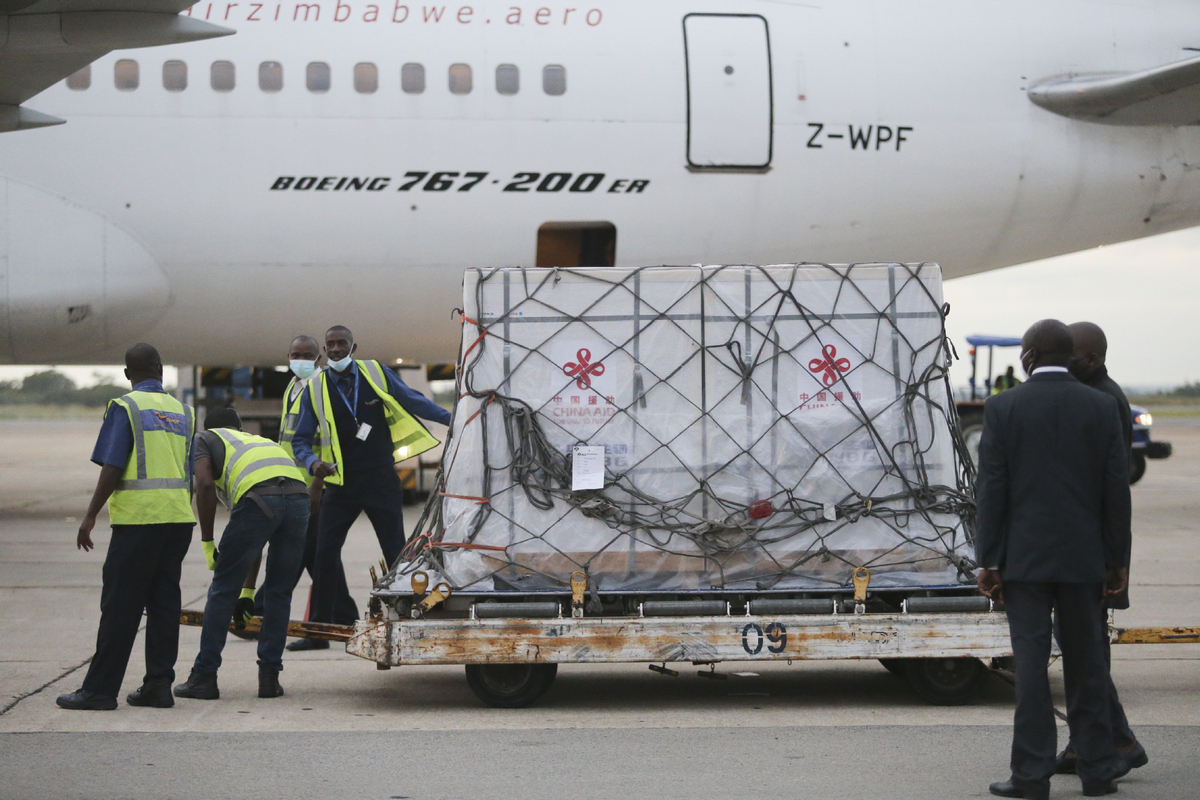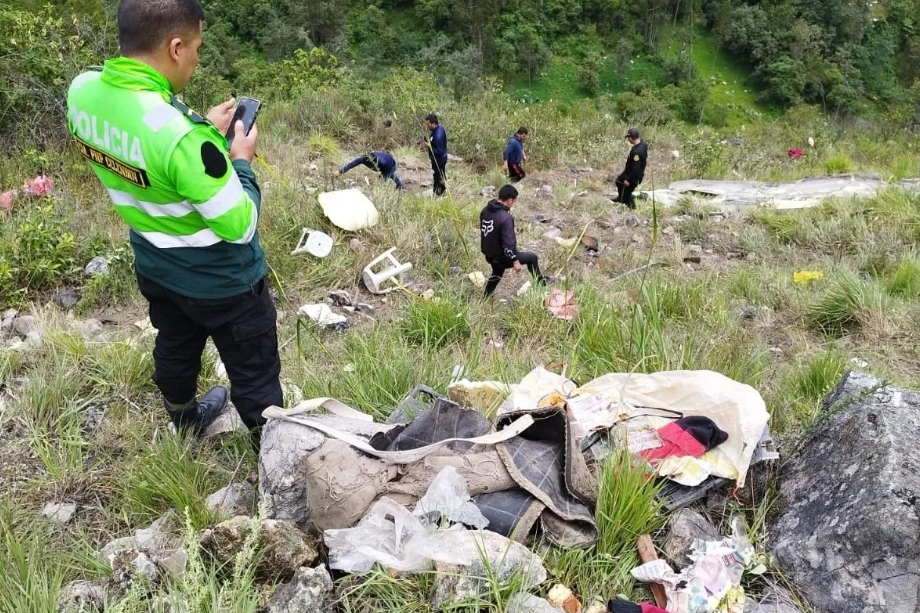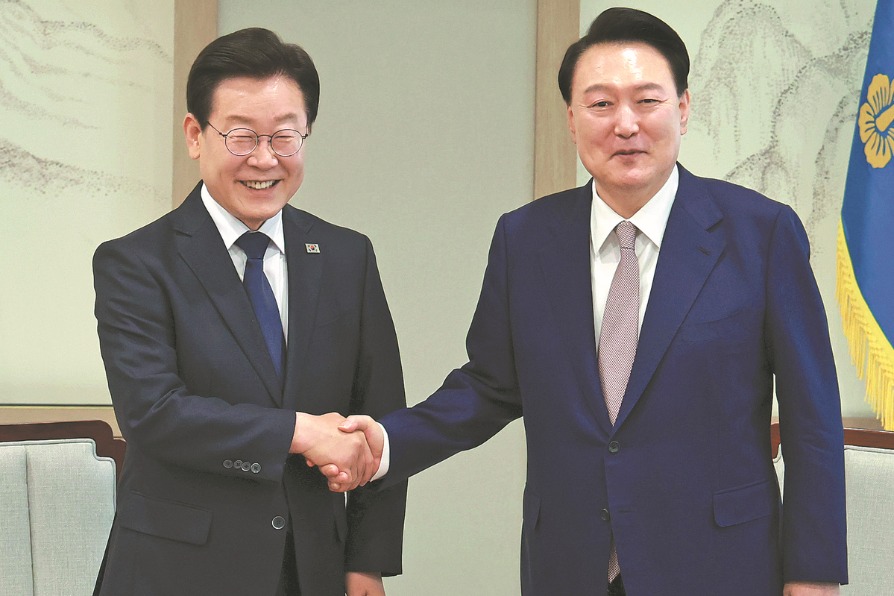Nation's vaccine aid is turning tide against pandemic


The decision by China to assist other countries in acquiring COVID-19 vaccines has received considerable criticism from Western countries that see China as using this essential commodity to cement its global influence.
However, the same countries accusing China of vaccine diplomatic overreach continue to engage in vaccine nationalism, stockpiling surplus doses, as countries of the developing Global South struggle to inoculate even front-line healthcare workers.
China's vaccination cooperation, especially with developing countries, is taking place within a very strong context. It is a continuation of the COVID-19 pandemic cooperation that China has had with many countries around the world, and particularly those in Africa.
Right from the start of the health crisis, China has been forthcoming in multiple ways. As the first country to report the emergence of the novel coronavirus, China became the main reference point on epidemic experience and control.
Beijing then evolved to be the main source of essential medical supplies such as face masks, respirators, protective clothing and drugs. Massive donations of such items were sent to African countries, giving the continent a head start in its quest to cushion people and economies from the impact of the pandemic.
China also funded the construction of the headquarters of the Africa Centres for Disease Control and Prevention as a way to enhance continental coordination and leadership in dealing with COVID-19 and other diseases.
In May last year, President Xi Jinping announced that when China got a vaccine, and upon successful deployment of the vaccine in China, Beijing would make its vaccines accessible as global public goods to developing economies. At the time, no country had found a vaccine yet, but China was already committing to assisting other countries.
As developed countries such as the United States and European counterparts launched vaccines, it was clear that developing countries were increasingly at risk of being left behind due to a number of reasons.
For starters, the earlier vaccine candidates needed cold storage facilities that were hardly available in Africa, while the economic impacts of the pandemic made it difficult for African countries to afford US-and European-produced vaccines. In addition, rich countries had purchased billions of doses, leaving little for emerging economies.
In the meantime, China became the largest economy to join the COVAX facility, a collaborative mechanism co-led by the World Health Organization that aims to help developing countries access vaccines. China pledged 10 million doses of its vaccines to COVAX.Similarly, China began actively donating vaccines to poor countries, enabling the beneficiaries to vaccinate critical segments of the population, like front-line healthcare workers and other vulnerable groups.
So far, China has donated vaccines to a number of African countries, such as Algeria, Morocco, Tunisia, Egypt, Senegal, Guinea, Sierra Leone, Equatorial Guinea, Gabon, Republic of Congo, Namibia, Zimbabwe and Mozambique. Beijing has also sent vaccines to countries in Asia, Latin America and Europe.
It is noteworthy that as Western countries engage in vaccine nationalism to cover their populations first, China is sending more vaccines abroad than it is deploying at home.
There is no doubt that China's vaccine cooperation efforts around the world have made a significant contribution to global efforts to turn the tide against the pandemic. Vaccines present the most rational and sustainable way out of the pandemic, especially now that many countries and territories face a third wave of COVID-19.
Beijing has demonstrated a great spirit of multilateralism and global cooperation against the pandemic. COVID-19 remains a serious threat to all humanity, and every effort should be made to counter the spread of the virus. Highly constructive efforts by different countries should be lauded instead of castigated.
The writer is a scholar of international relations with a focus on China-Africa relations.



































